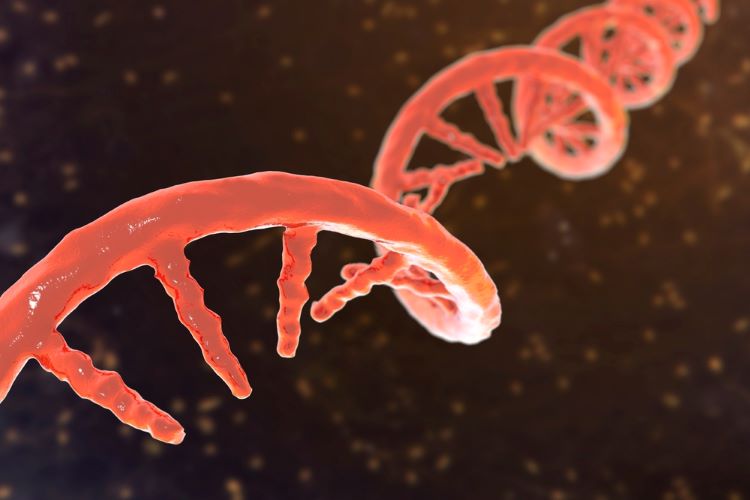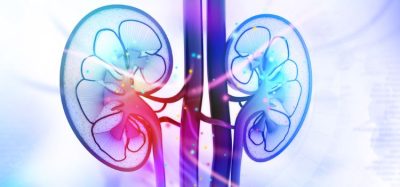mRNA therapy could provide intracellular protein replacement for rare disease
Posted: 5 April 2024 | Catherine Eckford (European Pharmaceutical Review) | No comments yet
With no treatments approved for propionic acidaemia, Moderna’s LNP-encapsulated mRNA therapy could offer a new therapeutic option for patients, new data suggests.


Interim data from a Phase I/II clinical trial suggest that mRNA-3927, an investigational mRNA therapy from Moderna, could be a promising treatment for propionic acidaemia.
A 70 percent reduction in the risk of metabolic decompensation events was reported by eight participants in the 12-month pretreatment period, according to the trial results published in Nature.
“We are excited to share the first published clinical data utilising an mRNA therapy for intracellular protein replacement,” stated Dr Kyle Holen, Moderna’s Senior Vice President and Head of Development, Therapeutics and Oncology.
A novel mRNA therapy
mRNA-3927 is a novel lipid nanoparticle (LNP)-encapsulated dual investigational mRNA therapy. By encoding for the PCC enzyme. it has potential to replace a missing or dysfunctional enzyme, Moderna stated.
“Propionic acidaemia is a rare, inherited metabolic disorder that results from the body’s inability to process certain parts of proteins and lipids due to a specific enzyme deficiency. For people with [propionic acidaemia], harmful amounts of toxic metabolites can build up in the body and lead to metabolic decompensation events and multisystemic complications. These interim data indicate early signs of potential clinical benefit with mRNA-3927, and importantly also demonstrate that mRNA-3927 has infrequent treatment-limiting side effects. I am particularly proud of these results given that there are currently no therapeutic treatments approved for patients with this disease,” Dr Holen explained.
The company’s ongoing global Phase I/II clinical trial assessed the safety, pharmacodynamics, and pharmacokinetics of the IV-administered treatment in participants aged one year and over. Study data was presented at the 2023 American Society of Gene & Cell Therapy (ASGCT) Annual Meeting.
As of the latest data cut off at the end of May 2023, over 15 person-years of the therapy were administered.
Moderna confirmed that additional patient enrolment for the dose expansion phase of the study will further assess the efficacy, safety, and pharmacodynamic activity of mRNA-3927.
Last week, Moderna shared promising data for its next-generation COVID-19 vaccine.
Related topics
Big Pharma, Clinical Development, Clinical Trials, Data Analysis, Drug Safety, Industry Insight, Research & Development (R&D), Therapeutics









